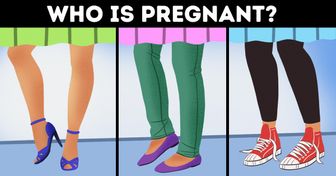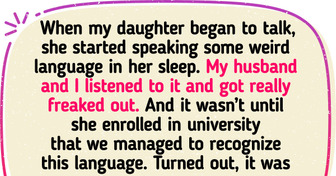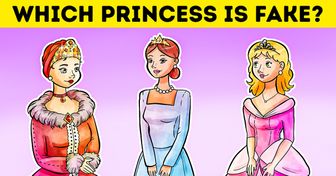18 Stories About Friends Who Turned Out to Be Hidden Villains

Love knows no bounds regardless of species. It doesn’t matter if you’re a parent to a child or an alloparent to a dog, the type of love you feel for them is so pure and unconditional it’s almost identical. If you’ve ever wondered why you have the same strong feelings for both your dog and your child, then keep reading.
Here at Bright Side, we’ve gathered information from a study done by the PLOS ONE journal which explains why we feel the same parental emotions for both our children and our dogs.
We began domesticating animals as companions more than 30,000 years ago and it’s evident that the type of bond we have with them is unbreakable. We’ve all heard the phrase that a dog is man’s best friend but our love for them goes beyond that.
Research from the Massachutes General Hospital attempted to find and analyze the connection between the maternal-child bond to the human-pet bond through the similarities of the human attachment theory. This theory mainly refers to the attachment felt by a caregiver which provides safety, compassion, and security to a child.
The aim of the study was to examine functional neuroanatomy of the 2 bonds through analyzing patterns of brain function when an individual viewed pictures of their child and their dog. The research mainly focused on brain regions which are known to be associated with the development of emotions and relationship bonds.
The study was focused on mothers that had children between the ages of 2 and 10 and also owned their dog for more than a year. The participants were asked to bring in photos of both their dogs and their children. During the study, and they were shown images of other children and other dogs of which they had no relation to.
According to the findings, the mothers who viewed images of both their dogs and their children showed that there was a distinctive connection in the brain regions which are connected to emotions, compassion, affection, and reward. However, when they were shown images of children and dogs they had never seen before, the pictures did not cause the same reaction.
It becomes quite clear that when mothers talk about their “babies” they might be referring to either their dogs or their children and the study was proven accurate since most mothers had equally strong regional brain responses when they saw both pictures.
According to Lori Palley who was the lead researcher of the study, it was always evident that pets held a special place in peoples lives and hearts, and now there are both laboratory and clinical studies to prove it. Not only that but having a pet can be very beneficial for humans as well since they offer social and emotional support. They are like small children who never grow up. They want to have fun, they like to give affection and love you unconditionally.
Mothers are natural caregivers and in their eyes, a child and a furry creature hold the same place in their hearts. They both need to be taken care of, loved, fed, groomed and have their own personality traits and emotions. They are part of a family as any member is. They are great companions, they depend on their family, and most importantly — they are extremely intelligent.
What are your thoughts on this study? Do you love your dogs as much as your children? Please let us know in the comments.











